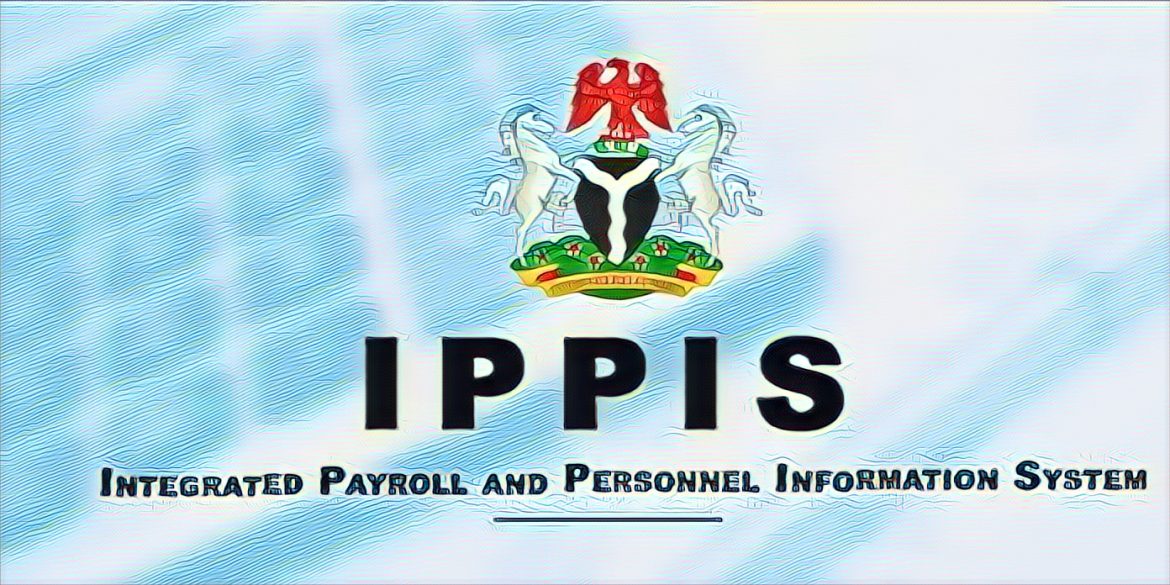In a bold move to combat corruption and eliminate discrepancies in public sector payrolls, the Office of the Head of the Civil Service of the Federation (OHCSF) is set to take action against unverified civil servants on the Integrated Payroll and Personnel Information System (IPPIS). Starting October 27, these employees face the jeopardy of losing their salaries.
The IPPIS, a centralized platform introduced in 2007, was designed to ensure transparency, accountability, and efficiency in the payment of civil servants’ salaries and wages. However, recent years have witnessed growing concerns regarding the system’s integrity, with reports of ghost workers and fictitious employees infiltrating the payroll.
To address these grave concerns, the Head of Service mandated a rigorous verification process for all government employees, aiming to authenticate their eligibility for salary payments. As part of this process, civil servants were required to submit their biometric data along with relevant identification documents.
However, in a statement released by the Director of Communications at OHCSF, Mohammed Ahmed, the Head of Service expressed disappointment that a significant number of civil servants had failed to meet the verification requirements, despite multiple reminders and extensions.
The statement emphasized the initial intent of IPPIS, stating, “The Federal Government launched IPPIS in 2007 with the goal of achieving transparency, accuracy, safety, and reliability in personnel record management while curbing avoidable personnel costs. The implementation began with the payroll module to address issues related to ghost workers and excess personnel costs. However, true success in cost containment depends on the verification of personnel records.”
The Office of the Head of the Civil Service of the Federation took significant steps to facilitate this verification process, including the launch of an online portal for record updates in April 2017. The office conducted extensive awareness campaigns through official, traditional, and social media channels. A grace period of one year was granted to ensure compliance, marking the first phase of the process.
Following further publicity and pre-verification sensitization by IPPIS staff at various government ministries and departments nationwide, the second phase, physical verification, commenced in 2018. A team of 500 OHCSF staff was trained and deployed across the 36 states of the federation and the Federal Capital Territory, sparing officers from traveling to Abuja to complete the verification. The deadline of October 27 represents the culmination of these extensive efforts to cleanse the system and eliminate irregularities in the government payroll.
While the consequences for unverified workers are grave, the action taken by the OHCSF demonstrates a commitment to fiscal responsibility and transparency. It is a critical step in ensuring that taxpayers’ money is directed toward legitimate government employees and vital public services. As the government works to rectify the flaws in the IPPIS system, it is expected that this rigorous verification process will help protect public funds and bolster confidence in the country’s payroll management.
Source: [Vanguard]


